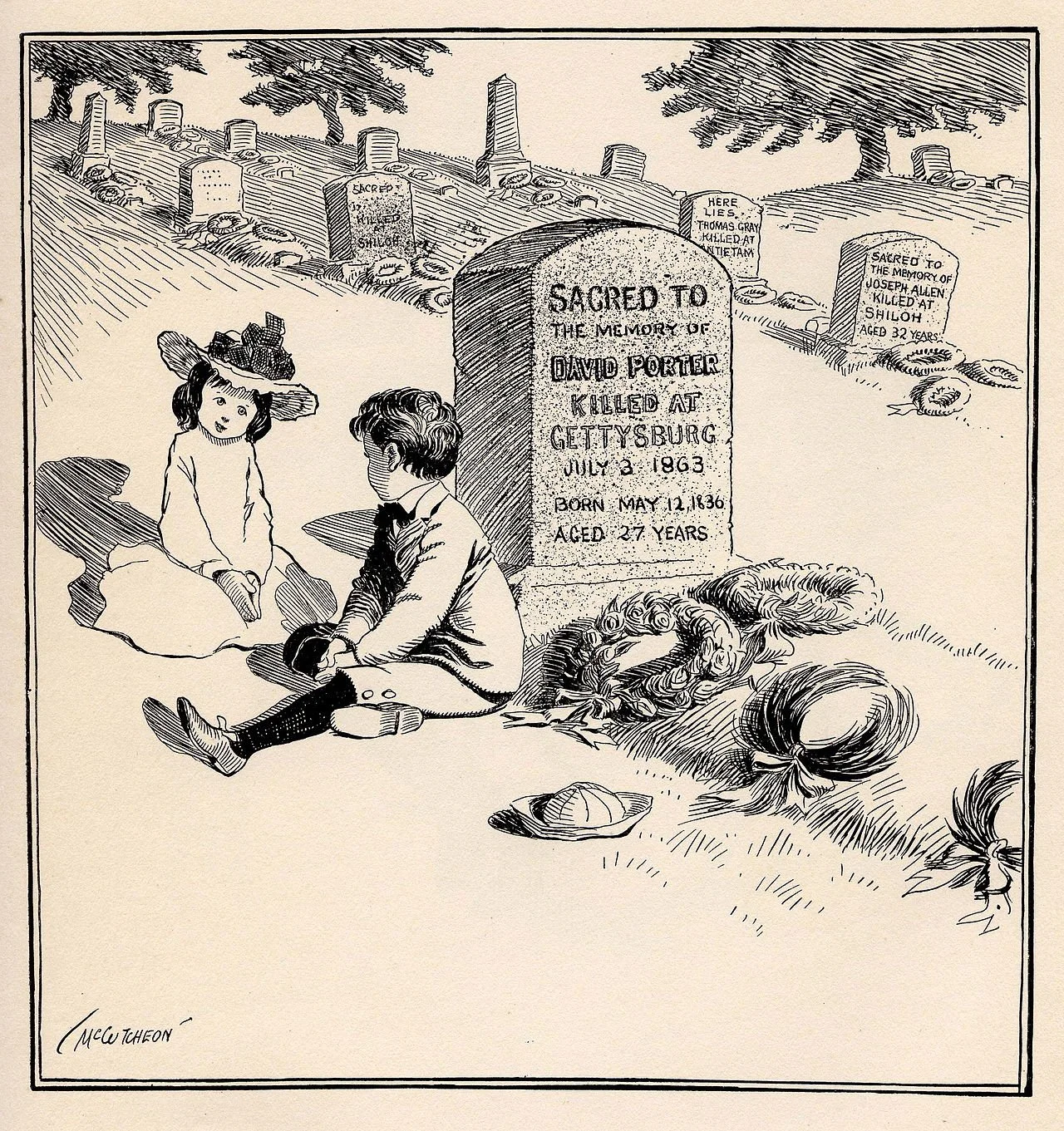Inevitably, some politicians and entertainers (e.g., Rush Limbaugh) are having great fun with the cold and snowy winter in the East and Midwest, saying that this shows that “global warming” is a fraud.
But they are extrapolating from immediate experience and anecdote, not science. I suspect that most of these people know better, but, hey, they’re in show biz.
Actually, January, for instance, which the news media lamented for its cold, snow and ice, has been rather severe in the eastern U.S. because of a huge dip in the jet stream that has brought cold (though not unprecedented cold) to the Upper Midwest and the Northeast while out West, including Alaska, it’s generally been very warm and dry for this time of year. Northeasterners and Midwesterners have endured temperatures 10, 15 or more degrees below normal; Alaska and California have been 10-15 degrees above. And the National Oceanic and Atmospheric Administration reports that January was, on a global basis, the fourth-warmest on record.
That the Northeast is so densely populated and that much of the national news media are based in New York and Washington mean that the idea that this winter is particularly bad has particularly strong currency. It recalls E.B. White’s funny 1954 essay “In the Eye of Edna,” in which he noted that the nation lost interest in Hurricane Edna after it moved beyond Boston’s radio and TV stations to wallop White’s comparatively remote Mid-Coast region of Maine.
Then there are such relatively new weather-news outlets as the Weather Channel and Accuweather. These commercial outlets will die if they fail to constantly dramatize such old weather phenomena as “The Polar Vortex” — a low-pressure area in upper latitudes that now is presented almost as a new and lethal threat to civilization. Weather events that would have seemed par for the course of a season a half century ago are now characterized as world-historical events.
Changes in the route of the jet stream from time to time bring cold air deep into the eastern part of the United States while the other side of the country becomes much warmer than usual as the jet stream brings in mild, Pacific air from the southwest. The jet stream’s position, of course, can vary widely but it can sometimes get stuck, meaning warm, “open” winters for us some years and cold ones in others. The general trend, though, is for milder winters. The trouble is that we confuse events in our areas that are part of weather’s natural variability with global climate change.
The confusion of one’s particular circumstances with the wider reality reminds me of the heartening rise in recent years of “evidence-based medicine” as opposed to the more traditional “expert-based medicine.” I am simplifying, but evidence-based medicine relies much less on individual physicians’ experience, values and judgment and much more on cold, hard data derived from rigorous collection and analysis of information from broad populations. As with medicine, so with climate, follow the data.
Anyway, New Englanders have suffered through another week of below-normal weather and are heartily sick of it. That the population is aging and that old people, in particular, find winters wearisome may reinforce the winter fatigue of younger people, too.
In some winters, snow drops and crocuses would be popping out of south-facing slopes about now. It looks as if we’ll have to wait a while for them this year. Still, a gradual change in the mix of morning bird song and that there’s bare ground around the base of trees where there was snow a week or two ago reminds us that the sun is getting stronger by the day: Some birds are coming north again and there’s more solar energy for the trees to absorb. And on one of our recent, and for this winter, rare mild days, I found the worms wiggling enthusiastically in our compost bin, whose contents seem to have been frozen solid a couple of days before. Worms: A reminder of the cycles of death and life.
***
The Feb. 23 New York Times business section story “Loss Leader on the Half Shell: A national binge on oysters is transforming an industry (and restaurants’ economics)” was heartening for a coastal New Englander. It implied that our estuary-rich region could benefit a lot from much expanded shellfish aquaculture. Unlike, say, casinos, which are a net subtraction from a region’s economy, or local businesses that recycle money that’s already here, aquaculture, because it has exportable physical products and brings people here from far away to buy them in our eateries as local specialties, increases our region’s wealth.
And the business, with its demands for clean water, prods us to keep our coastal environment cleaner.
Robert Whitcomb (rwhitcomb51@gmail.com), a former Providence Journal editorial-page editor, is a Providence-based writer and editor and the overseer of www.newenglanddiary.com. He is also a director of Cambridge Management Group (cmg625.com).















